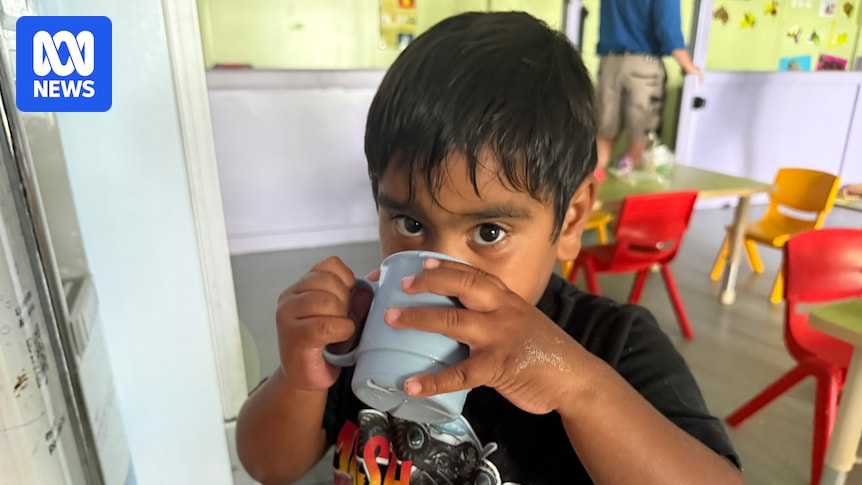
DAVIS, California, USA, 1 July 2025 – In a revealing interview with Genomic Press Innovators & Ideas, Dr. Danielle Beckman, a Brazilian scientist renowned for her work in neurovirology, unveils groundbreaking insights into how viral infections impact brain health. Her research offers new hope for patients experiencing post-viral neurological symptoms, especially in the wake of the COVID-19 pandemic.
Dr. Beckman’s journey from an aspiring writer in Rio de Janeiro to a leading researcher at UC Davis exemplifies a remarkable scientific trajectory. Her passion for neuroscience was ignited during an undergraduate physiology class, a pivotal moment she recalls vividly. “I vividly remember that class and how fascinated I became with the brain,” she shared. This fascination has since driven her to explore the intricate relationship between viral infections and neurodegenerative diseases.
From Personal Experience to Revolutionary Research
Dr. Beckman’s research took on a personal dimension when her grandmother began showing symptoms of dementia. This personal experience intensified her curiosity about the cellular processes involved in Alzheimer’s and other forms of dementia. “This experience deepened my curiosity about what happens in the brain at the cellular level,” she explains, highlighting the emotional connection that fuels her work.
Under the mentorship of the esteemed neurobiologist Professor John Morrison, Dr. Beckman has made significant strides in understanding viral neuroimmunology. Her team has developed innovative rhesus monkey models that shed light on the cellular mechanisms underlying Alzheimer’s disease, Long COVID, and other viral-induced brain pathologies.
“Unlike HIV, which induces a slower, progressive inflammatory process, our lab observed that SARS-CoV-2 can infect neurons and trigger neuroinflammation within just seven days,” Dr. Beckman notes.
Microscopic Obsession Yields Macro Impact
Dr. Beckman’s expertise in advanced microscopy techniques has been instrumental in her discoveries. “I enjoy working with microscopy, as it allows me to create beautiful images of the brain while investigating profound questions,” she explains. Her technical prowess enables her to observe cellular-level changes that contribute to neurological symptoms, establishing critical connections between viral infections and neurodegenerative processes.
Her research provides scientific evidence for post-viral cognitive symptoms, such as “brain fog,” commonly reported by COVID-19 patients. These findings have significant implications for understanding the long-term neurological consequences of viral infections.
Connecting with the Long COVID Community
Dr. Beckman’s involvement with the World Health Network’s Long COVID advisory group bridges her laboratory research with patient advocacy. “Over the past few years, I have connected with many people in the Long COVID community,” she shares, emphasizing her commitment to translational research that directly benefits affected individuals.
Currently, no approved treatments exist for Long COVID, underscoring the critical need for Dr. Beckman’s research approach. Her ultimate goal is to make a significant impact on the lives of people with neurological conditions following a viral infection.
Accelerating Alzheimer’s Research
Beyond COVID-19, Dr. Beckman’s work addresses broader questions about inflammatory events contributing to neurodegenerative diseases. Her team has developed two novel monkey models for Alzheimer’s disease research, focusing on amyloid pathology and tau propagation.
“We think the macaque is a better model, because it expresses the same versions of tau in the brain as humans do,” Dr. Beckman explains.
This similarity makes the models more relevant for understanding human neurodegenerative processes, offering better platforms for therapy testing than traditional rodent models.
Diversity and Mentorship in Science
As a Brazilian and Latina woman, Dr. Beckman is committed to fostering diversity in neuroscience. She reflects on the challenges she faced, “From an early age, girls like me must combat prejudice.” Her pride in completing her education in Latin America challenges common perceptions about scientific training quality.
This perspective influences her mentorship approach, as she supports trainees from underrepresented backgrounds, encouraging them to pursue careers in STEM fields.
Future Therapeutic Directions
The implications of Dr. Beckman’s research extend far beyond academic understanding. Her focus on viral disruption of brain homeostasis provides a framework for developing interventions that could prevent or mitigate neurological damage.
Her discoveries about viral-induced neuroinflammation could inform treatment strategies for other neurodegenerative conditions, with potential applications ranging from immediate Long COVID interventions to long-term Alzheimer’s prevention strategies.
Dr. Danielle Beckman’s interview is part of the Genomic Press Innovators & Ideas series, which highlights influential scientific breakthroughs. The series offers a blend of cutting-edge research and personal reflections, providing a comprehensive view of the scientists shaping the future.
The Genomic Press Interview in Brain Medicine titled “Danielle Beckman – a neuroscientist driven by a microscopic obsession: Unravel how viruses play a role in brain pathology,” is freely available via Open Access on 1 July 2025 in Brain Medicine.
For more information on the research leaders and rising stars featured in our Innovators & Ideas series, visit our publications website: Genomic Press.







